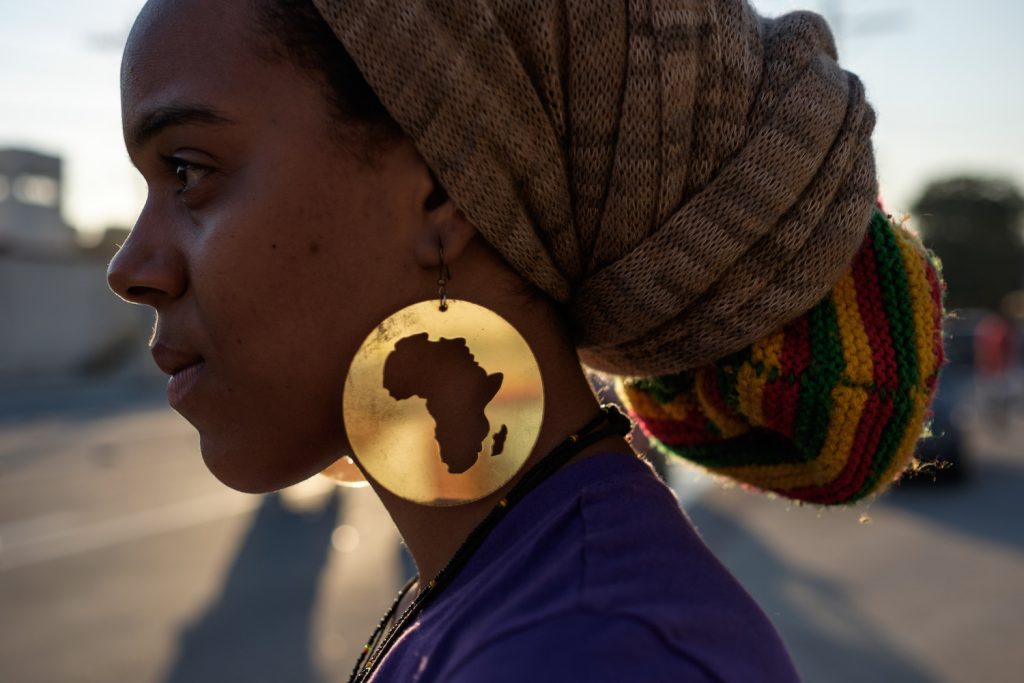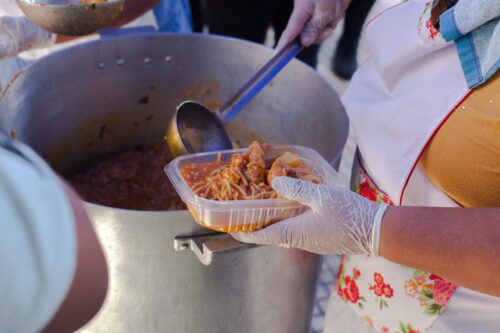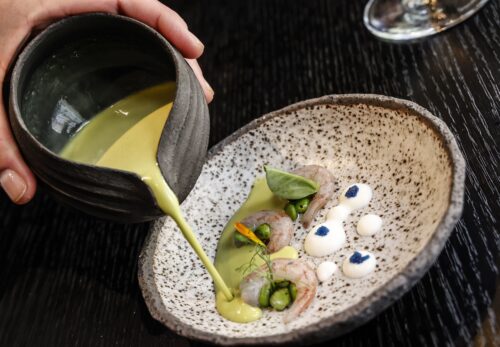The Voice of Diaspora

“The Voice of Diaspora” is part of the collection Lead Me to Life: Voices of the African Diaspora. Read the introduction to the collection here.
I wake up and realize I’m dirty
The years of subservience
Pouring from me
The thousands of uncertainties mixed into my skin that relinquish
And distinguish
And don’t extinguish the cost
Of this diseased knowledge.
This ivory speech.
It targets my soul
(It was given to me as legacy)
It restrains me
Challenging me to challenge it
Insists in keeping its sovereignty
Insists for me to dethrone it
Works on its behalf alone.
From the aegis of a fractured world
It presents us the venom and the antidote
as evil things to have within the same body
[1]
[1]
Reference to Isabelle Stenger’s understanding of the Greek term “pharmakon.”
But I
I am Diaspora
And also Colony
Made of Love and Ammonia
Carrying insomnia and slumber
Through all the sleepless years
Then, I arise
From every unjust dream,
From every bed unclean
On a quest to spawn for those who dominate
their worst nightmare
(Not revenge, but disdain.)
This sickness is tactic
Emphatic
It ravages this world—apathetic
And it’s what stains me
And it’s what pushes me to the cure
And it’s what fuels the pursuit
For what’s undivided
For what’s diluted
For a way to break this cycle
And stop this master x slave logic
But to do so is necessary
To immerse in these wasted states,
Look through the past mistakes
Change the game
And accept the fact
That it’s not a sin
To carry many worlds within.

























